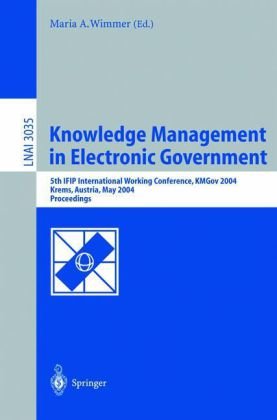

Most ebook files are in PDF format, so you can easily read them using various software such as Foxit Reader or directly on the Google Chrome browser.
Some ebook files are released by publishers in other formats such as .awz, .mobi, .epub, .fb2, etc. You may need to install specific software to read these formats on mobile/PC, such as Calibre.
Please read the tutorial at this link: https://ebookbell.com/faq
We offer FREE conversion to the popular formats you request; however, this may take some time. Therefore, right after payment, please email us, and we will try to provide the service as quickly as possible.
For some exceptional file formats or broken links (if any), please refrain from opening any disputes. Instead, email us first, and we will try to assist within a maximum of 6 hours.
EbookBell Team

4.4
32 reviews“We know more than we can tell and we can know nothing without relying upon those things which we may not be able to tell” (Michael Polanyi) The importance of knowledge management (KM) is increasingly recognized in the public sector and in relation with e-government implementations. Because governments and public administrations deal with information and knowledge on a large scale, this domain is particularly predestined to actively practice KM: much of the work of public authorities refers to the elaboration of data, infor- tionandknowledgeoncitizens,businesses,society,themarkets,theenvironment, laws, politics, etc. Evenmany“products”ofpublicadministrationandgovernmentaredelivered intheshapeofinformationandknowledgethemselves.Thisaspectespecially- plies to the policies, management, regulation and monitoring of society, markets and the environment. With the recent evolution of e-government projects, high expectations are linked. As a consequence, e?cient support from adequate KM conceptsandtoolstoexploitthehugeknowledgeandinformationresourcesdealt with in e-government is expected. Not only the trend towards a knowledge society calls for KM solutions. C- rent e-government developments signi?cantly in?uence the public sector. These require the rethinking of knowledge distribution and management: Citizen- and business- oriented service delivery, including one-stop service provision, inter- ganizationalco-operationbetweengovernmentagenciesandcross-bordersupport for complex administrative decision making call for largely opened-up access to remote information and knowledge resources. E-government – and speci?cally the concept of online one-stop government – integrates dislocated information and knowledge sources into a global virtual knowledge fabric.